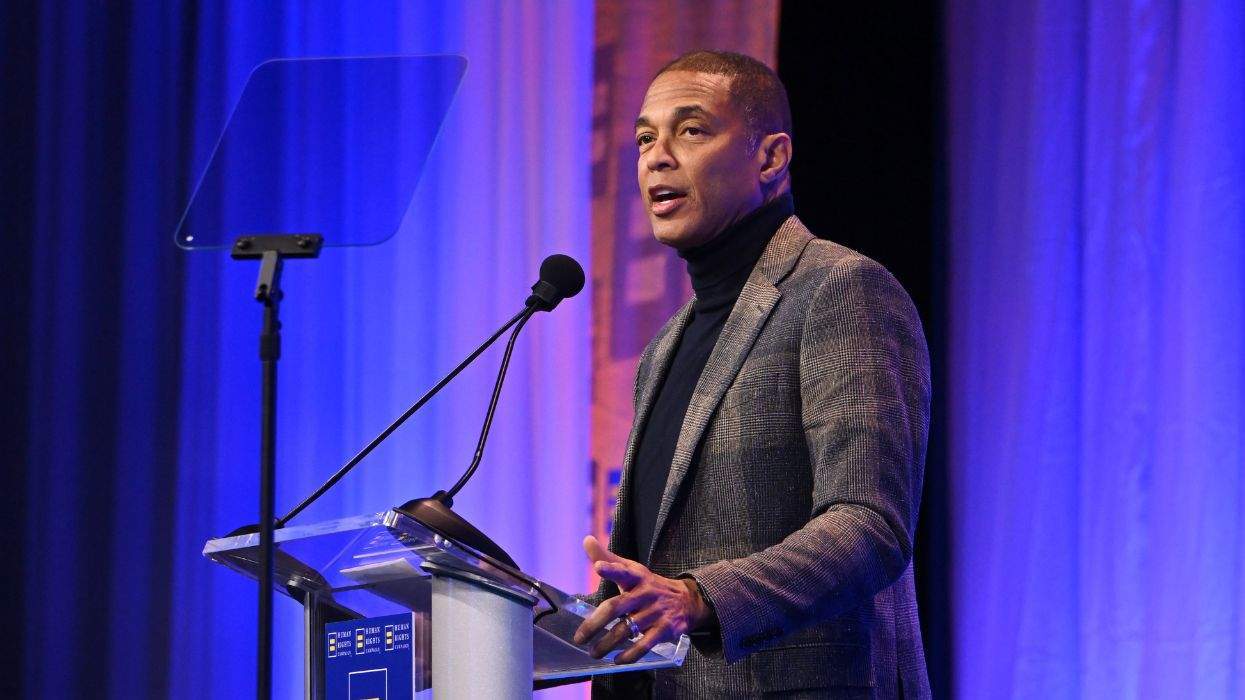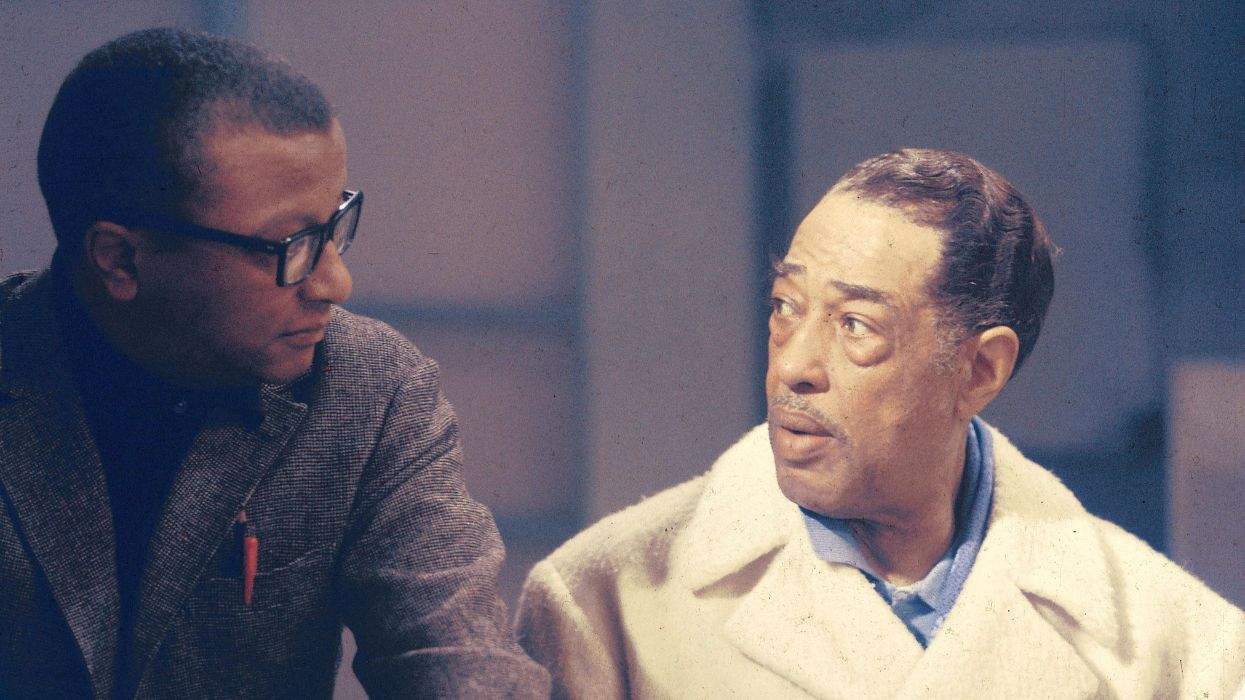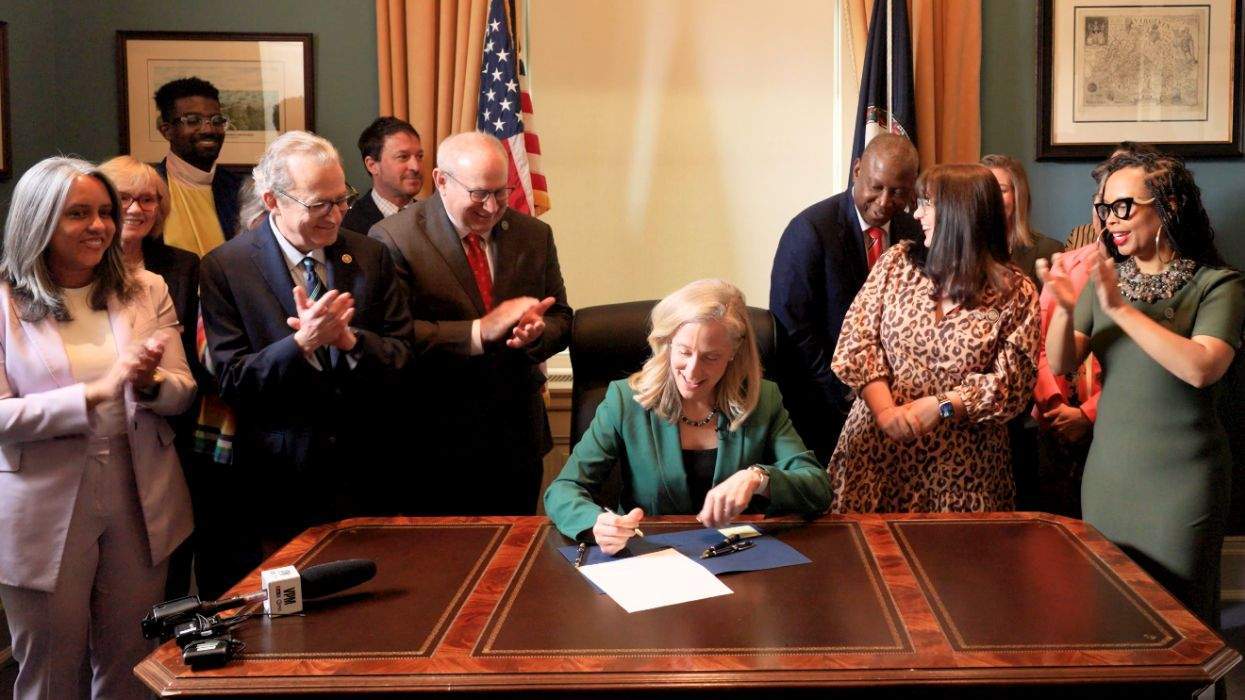An uneasy sense of deja vu came over me a few weeks ago as I heard the justices of the U.S. Supreme Court deliberate over two key cases involving the issue of same-sex marriage and constitutional arguments both in its favor and against.
It made me uneasy because I've been there before. It was about a dozen years ago that I began covering advances in courts and parliaments across Canada, as America's northern neighbor would ultimately become the third country in the world to legalize same-sex marriage. It was an exciting time to be reporting on politics in Canada. The opponents of same-sex marriage here are a bit different than the ones in America; you have a much larger and more powerful religious right than we do. But many of the arguments made against same-sex marriage over a decade ago in Canada sound strikingly like the ones some people in the United States are making today. Here's a rundown of the main ones and my thoughts on each of them:
Legalizing same-sex marriage fundamentally alters a traditional institution.
This is perhaps the easiest argument to dismantle, seeing as marriage has been evolving for thousands of years and has already changed fundamentally in many key ways. Wives used to be considered the property of their husbands, for example. And interracial marriage, of course, used to be illegal. Interestingly, when the Canadian Supreme Court advised the Canadian government regarding the issue of same-sex marriage, it cited U.S. Supreme Court decisions regarding the "separate but equal" arguments made to maintain racial segregation of schools. Our highest court suggested that keeping same-sex couples out of the institution of marriage and putting them in a separate category was similar to segregation -- and thus was wrong.
If the court rules in favor of same-sex marriage, churches, synagogues, mosques, and temples will be forced to marry same-sex couples.
Opponents of same-sex marriages in Canada attempted to use this line, trying to fearmonger people into believing their religious organizations would all be required to marry gays and lesbians. Our government went out of its way to assure people that this legal change was about the government's involvement in marriage, and by no means forced any religious group to marry same-sex couples. Since same-sex marriage became a legal reality in Canada, that has been the case.
What about the children?
This is often an effective argument, as it taps into age-old anxieties about homosexuals, especially gay men -- who have been portrayed as more prone to pedophilia than their straight counterparts. However, as any expert in crimes against children will tell you, there's no such proclivity. This also raises the specter that gay parents will somehow recruit their children and make them gay -- another baseless fear, one that's been disproven time and again by any and all of the research and facts. These arguments were brought up in Canada, but they were mainly dismissed.
Isn't this a great experiment into some vast, unknown, scary world?
This is the most pervasive argument, and it's the one social conservatives have always been best at stirring up. It's vague but still somehow impacts people. Conservative pundit David Frum wrote a series of columns in the Canadian daily National Post, often raising this issue, arguing no one really knew what the true consequences of same-sex marriage would be. Justice Anthony Kennedy basically said as much earlier this week when he declared the court to be in "uncharted waters," while conservative justice Samuel Alito went further, arguing same-sex marriage "is newer than cellphones or the Internet. ... We do not have the ability to see the future." But people didn't have a way to see what America would look like without slavery or with women having the right to vote -- yet those changes were made, because they were seen as the right thing to do. There are changes involved with the expansion of civil rights, but the idea that legalizing same-sex marriage is going to make America transform into 28 Days Later is preposterous.
It's also a bit disingenuous to suggest that we simply don't know what any of this will look like. While the fight for legal recognition of same-sex marriages may be relatively recent, same-sex couples have been raising children for many decades, and the evidence clearly suggests their offspring have not suffered as a result of being brought up in such households. There is also a great deal of testimonial evidence from adults who were raised as children by same-sex couples, quite powerfully suggesting that having gay and lesbian parents did them no harm whatsoever. Insinuating that same-sex couples parenting is akin to a dystopic sci-fi movie isn't a very good argument -- and it's also pretty insulting. (Incidentally, after spilling an awful lot of ink about his opposition to same-sex marriage a decade ago, Frum recently announced in his CNN column that he's suddenly decided it's not such a bad thing after all.)
The Canadian outcome?
Do you know what happened in Canada after same-sex marriage became legal a decade ago? It's actually quite incredible. Are you sitting down? Well, basically, it went like this: A few same-sex couples went down to City Hall and got marriage licenses. That's it, that's all. I know gay people are supposed to be good at generating drama, but that's the best I can do. Sorry -- I know it's not very exciting. Given the apocalyptic prophecies made by opponents of the fallout from legal recognition of same-sex marriages, it turned out to be pretty anticlimactic, after all.
MATTHEW HAYS is a Montreal-based journalist whose work has appeared in The New York Times, The Guardian, and The Daily Beast. He has contributed to The Advocate since 1993. He teaches courses in journalism and film studies at Concordia University.















Charlie Kirk DID say stoning gay people was the 'perfect law' — and these other heinous quotes
These are some of his worst comments about LGBTQ+ people made by Charlie Kirk.